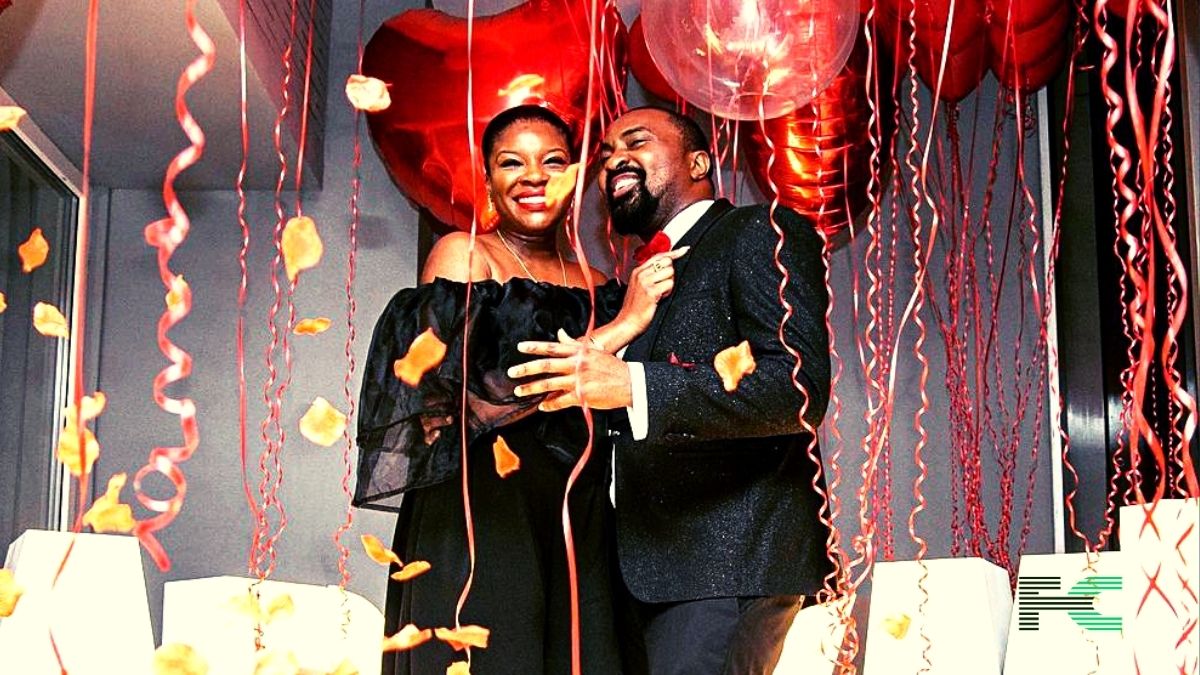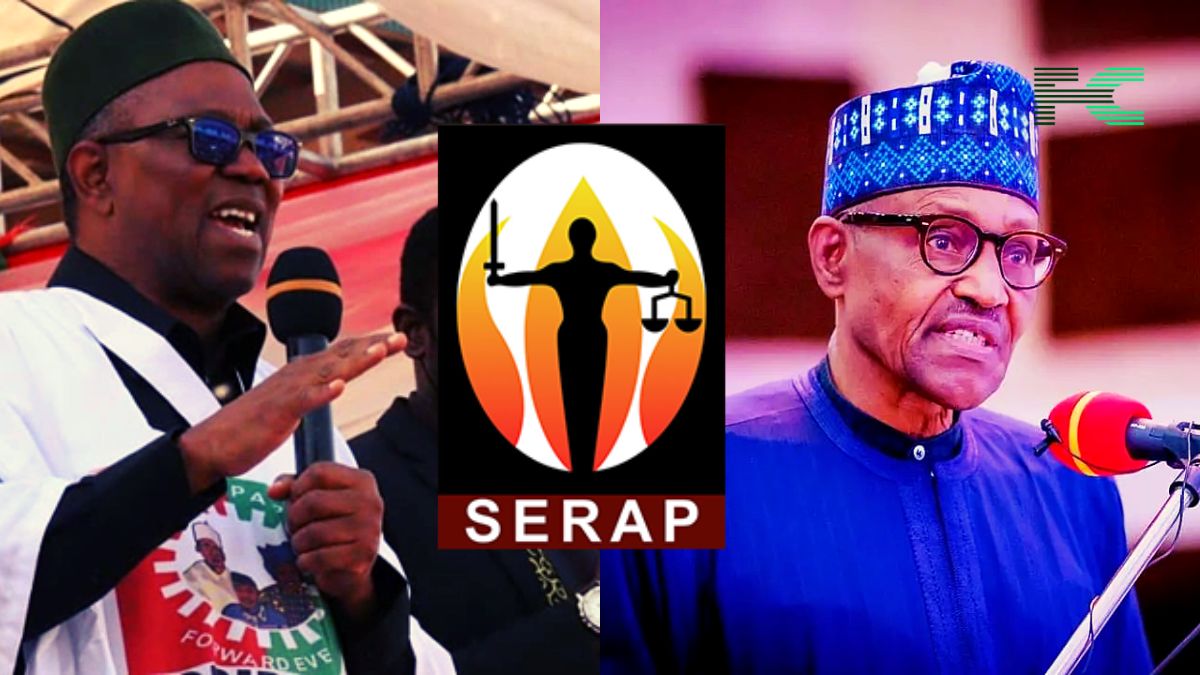Donald Trump’s assertion to CBS News that he doesn’t “seek attention” and has “nothing to say” about the Nobel Peace Prize is perhaps the most transparently disingenuous performance of his political career. This feigned indifference is a calculated political tactic, a thin veil over a desperate, years-long campaign for the validation that the prestigious accolade represents.
The narrative that he is a peacemaker who has “ended several conflicts” is a masterclass in self delusion, carefully made up for a domestic audience but crumbling under the slightest international scrutiny. For a president plagued by legal battles and polarizing policies, the Nobel Peace Prize represents the ultimate shield of legitimacy, a golden seal of approval he craves but has failed to earn through tangible, lasting diplomatic achievement.
The entire spectacle, from the cabinet room flattery to the lobbying of Norwegian officials reveals a leader more focused on winning awards than on the complex, unglamorous work of building sustainable peace.

The cornerstone of Trump’s Nobel narrative is his repeated, grandiose claim to have ended “six or seven wars.” This assertion, as BBC Verify and other analysts have detailed, is a plain textbook example of conflating short-term de-escalation with genuine conflict resolution.
Many of these “ended wars” were brief flare-ups in long-standing tensions, such as the sporadic clashes between India and Pakistan or Israel and Iran. Claiming credit for calming a few days of fighting is like a firefighter taking credit for a lifetime of fire prevention after spraying a single bucket of water.
These conflicts were paused and the root causes: territorial disputes, ideological hatreds, and historical grievances are still entirely unaddressed. True statesmanship involves the arduous, behind-the-scenes work of diplomacy to build lasting institutions for peace, not claiming victory after a temporary ceasefire. This distinction is everything, and it is why the Norwegian Nobel Committee is likely to look past the hype and examine the substance, which is sorely lacking.
In the same breath as downplaying the Nobel, Trump claimed “something is going to happen” to secure a peace agreement between Russia and Ukraine. This is the ultimate paradox of his peacemaker persona: offering vague, optimistic pronouncements while opposing the concrete military aid Ukraine needs to negotiate from a position of strength.
Sending envoy Steve Witkoff to a meeting in Paris is a photo opportunity, not a policy. A genuine commitment to peace would involve a coherent, consistent strategy, not contradictory statements that embolden Russian aggression. This approach doesn’t end wars; it prolongs them by undermining allies and encouraging adversaries to wait out American resolve.
Why It Matters
Awarding the prize to Trump on the basis of theatrical, short-term de-escalations would permanently cheapen the award and set a dangerous precedent. It would signal that the prize can be won through a sophisticated public relations campaign and strong-arming nominations from allied nations like Israel and Pakistan, rather than through verifiable, impactful, and peaceful achievements.
The committee must ask itself: do we reward the hard, often thankless work of grassroots activists and human rights defenders, or do we reward the self-aggrandizing claims of a powerful leader seeking a legacy polish? The credibility of the prize itself is at stake.

















